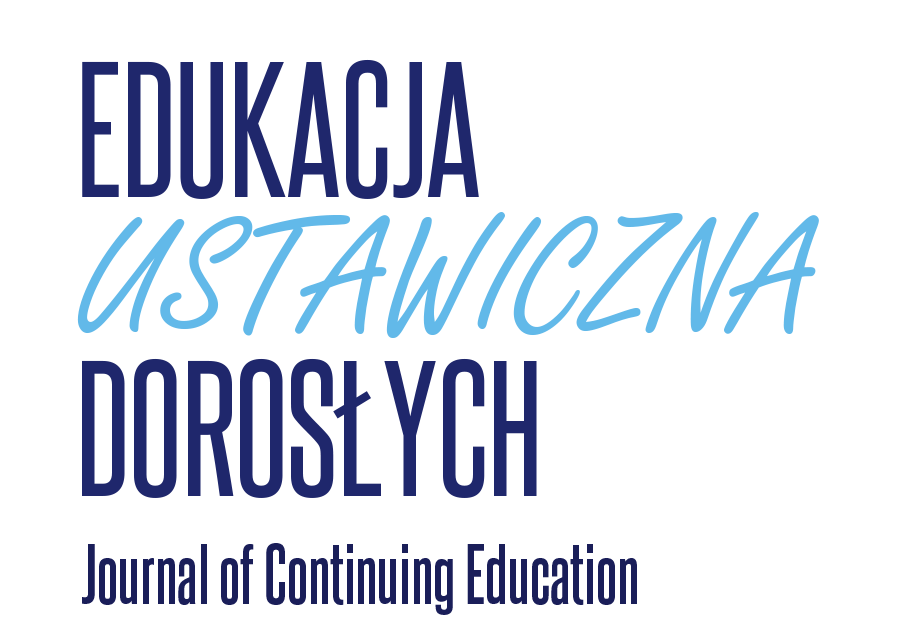The expectations of primary, high school and university students towards ICT education ![]()
DOI: 10.34866/hdw9-wq76
Sergo Kuruliszwili ORCID: 0000-0001-7358-8659
Oczekiwania uczniów szkół podstawowych, ponadpodstawowych i wyższych w stosunku do edukacji informatycznej
Słowa kluczowe: nauczanie technologii informacyjnych, technologie informacyjno-komunikacyjne, edukacja elektroniczna, programy nauczania technologii informacyjnej, kompetencje cyfrowe, umiejętności cyfrowe, uczenie się przez całe życie.
Key words: teaching of information technology, information and communication technologies, ICT, electronic education, information technology curricula, digital competence, digital literacy, lifelong learning.
Streszczenie: Wybór treści programowych w edukacji informatycznej jest trudnym zadaniem, zarówno ze względu na zróżnicowany zakres poziomów umiejętności w różnych grupach uczniów, jak i szybką dewaluację niektórych zagadnień. Programy nauczania, które zazwyczaj zawierają ogólnie zdefiniowane treści, dające swobodę wyboru sposobu ich realizacji, opracowywane są przez zespoły ekspertów, nie pozostawiając dużego marginesu na formułowane przez studentów potrzeby. W artykule podjęto próbę omówienia procesu tworzenia programów nauczania informatyki dla uczniów szkół podstawowych, średnich i humanistycznych. W toku rozważańpojawia się pytanie, czy w procesie tworzenia programów nauczania ICT należy brać pod uwagę opinię uczniów, którzy wyrażają swoje oczekiwania w tym zakresie. Taka opinia znajduje odzwierciedlenie w wynikach przeprowadzonych badań.
Abstract: Selection of the curriculum content in information technology education is a difficult task, both due to the different range of skill levels in various groups of students and the rapid devaluation of some of the subjects. Curriculums, which usually contain generally defined content, giving the freedom of choice as to how to implement it, are developed by expert teams, not leaving much margin for the needs formulated by students. The paper attempts to discuss the process of creating information technology curricula for primary, secondary and humanities students. In the line of deliberations there is a question whether the opinion of students who articulate their expectations in this respect should be taken into account in the process of creating ICT curricula. This opinion is presented in the results of conducted research.


